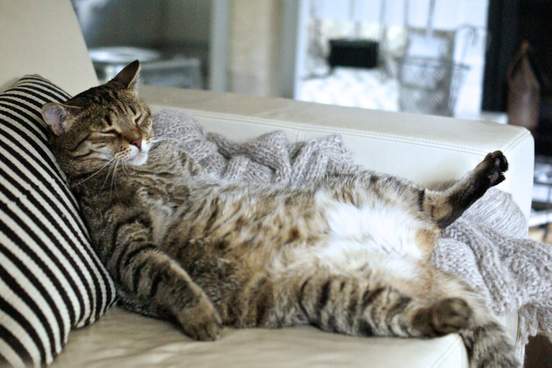
Malingerer
Soldiers who avoid work aren’t just being lazy—they’re disobeying orders. A shirking soldier is called a malingerer. The word’s origin is hazy, but may come from a combination of the French words mal which can mean “bad,” “ill,” or “evil,” and heingre, meaning “thin, emaciated.” In the 1600s it was used as a word for a beggar who used false wounds to gain sympathy, and by the 1700s it became the term for a soldier who feigns sickness to avoid duty.
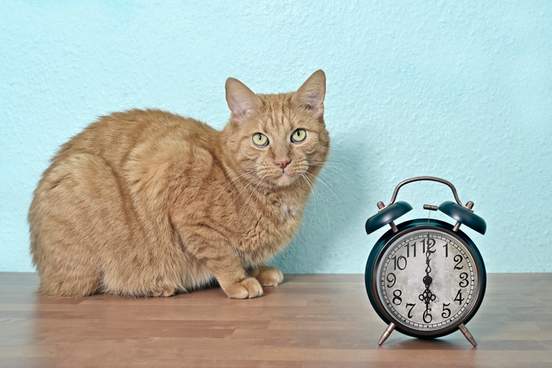
Clock-watcher
The industrial revolution brought new ideas about how to measure labor and productivity. One of the technological inventions that came along with factories and mechanized looms was the presence of clocks and regular work hours based only on the time of day, rather than the season or the weather.
By the mid-1800s, a new word, clock-watcher, had been coined to refer to employees who, in the words of the Oxford English Dictionary, are “overly keen not to work more” than the required hours.
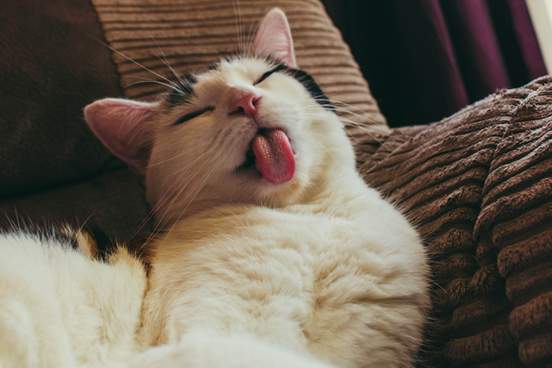
Egroting
There are some words that only show up in dictionaries. This is especially true of the early dictionaries of English, written in the 1600s and early 1700s, a time when a dictionary sometimes seemed to include only esoteric words that you’ve never heard of before, mostly with Latin and Greek origins.
From the Latin word aegrōtāre meaning “to be sick,” an anglicized version of the word, egroting, was coined with the meaning “a feigned sickness”; such a sickness was presumably feigned so as to avoid doing something that required energy or motivation. Like work.
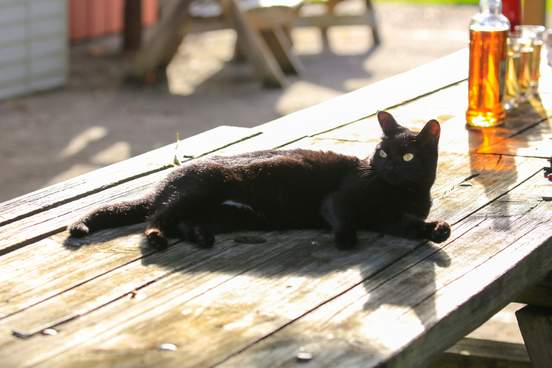
Draffsack
The mass of spent grain husks that are left over after brewing beer is called draff. It was sometimes fed to pigs or other livestock, and the word became synonymous with refuse or food waste. One of the earliest giants of English literature, Geoffrey Chaucer, played with this sense of “waste” by having one of his characters say “I lie as a draffsack in my bed,” an admission of laziness.
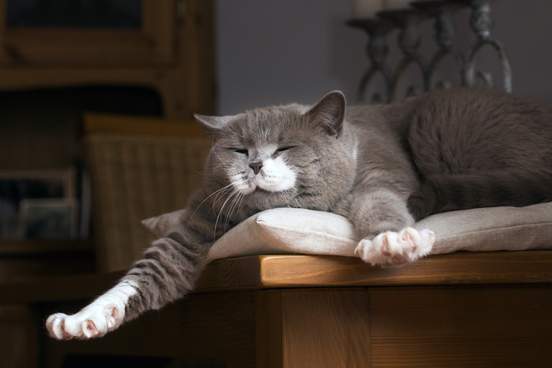
Indolence
Indolence came to English from Latin. The Latin verb dolēre meant “to grieve” or “to feel pain”; when the negating prefix in- was added to the noun form of the word, it meant “freedom from pain” or “insensitivity to pain.” The overlap of “pain” and “grief” is interesting; we make a distinction between these two ideas, but even in English, pain can stand for both sensations and emotions.
English also has the word dolor, a rare synonym of grief; the usual French word for “pain” is douleur, from the same root. An interesting parallel formation using this root is that when the negative prefix de- is used instead of in-, we get the archaic word dedolent, meaning “callous” or “unfeeling,” an entirely different, metaphorical way to feel no pain.
When used to mean “laziness,” indolence carries the connotation of a moral failure. Because of its roots with a parallel meaning of “freedom from pain,” this word’s adjective form indolent is also used in medical contexts to mean both “causing little or no pain” and “slow to grow or develop,” as in “an indolent tumor.”
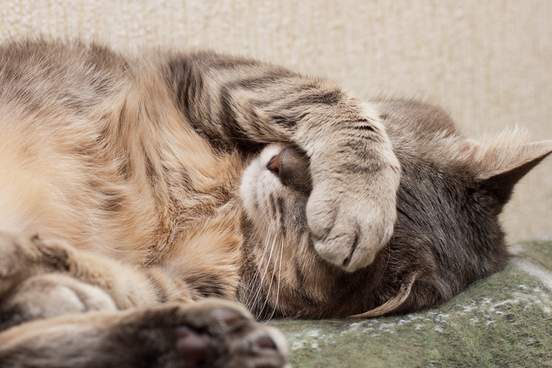
Lethargy
Lethargy began as a medical diagnosis for abnormal drowsiness and indeed sometimes as the name for a disease that causes this symptom. It comes from the Greek word lēthargos that had the same meaning as our lethargy, and derived from lēthē meaning “forgetfulness,” so sleep and unnatural forgetfulness were linked in this word’s ancient roots.
Unlike indolence, lethargy can refer to a lack of energy that is not a moral failure but a health condition or the result of illness.

Lazybones
Lazybones is a word that might evoke childhood—it’s not so much a diagnosis or accusation as a reminder to return to a normal level of energy and do chores or get ready for school.
There’s a kind of innocent country charm to this word as well, and the song “Lazybones” by Hoagy Carmichael (also the composer of “Georgia on My Mind”) is written in an informal English:
Lazybones, sleepin' in the sun
How you ‘spect to get your day's work done?
You can't get your day's work done
Sleepin' in the noon day sun
Despite these intimations of Americana, lazybones was first used in Elizabethan England.

Shiftless
Shiftless is one of those words, like unfurl or inevitable, that preserves within a negative term a positive one that is rarely if ever used today. Shift, in this instance, is a word meaning “resourcefulness,” or the capacity to invent and improvise with quick thought and action. A lack of these qualities is the equivalent of a lack of ambition or drive, hence: shiftlessness.
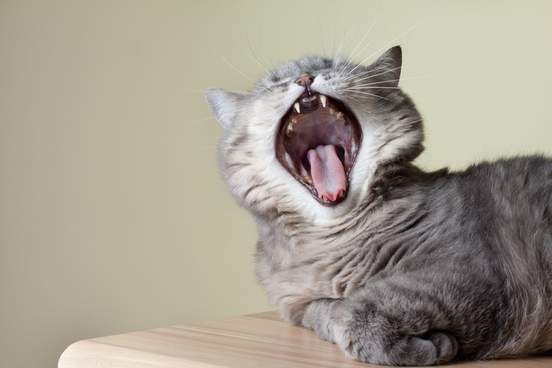
Oscitant
There are highbrow Latin-derived synonyms for some of the basic English words that are used to seem a bit more fancy, abstract, or humorous. We can use osculate to mean kiss, for example, or masticate to mean chew. The word oscitant comes from the Latin verb that means “to yawn,” so oscitant means “yawning with drowsiness” but also, by extension, “lazy.”
It's a word that hasn’t been much in use since the late 1600s, but we promise that it will wake up any careful reader who notices it.

Luskish
Lusk is an obsolete word in English that may share distant roots with loiter; as a verb it meant “to lie hid” or “to skulk”—in other words, to avoid work. The noun lusk came to mean “an idle or lazy fellow,” and its derivative luskish means “somewhat lazy” or “sluggish.”
It’s now considered archaic, but that perhaps only points to the cunning success of a word that means “hiding in order not to be put to work.” It’s a word that describes its own usage.





